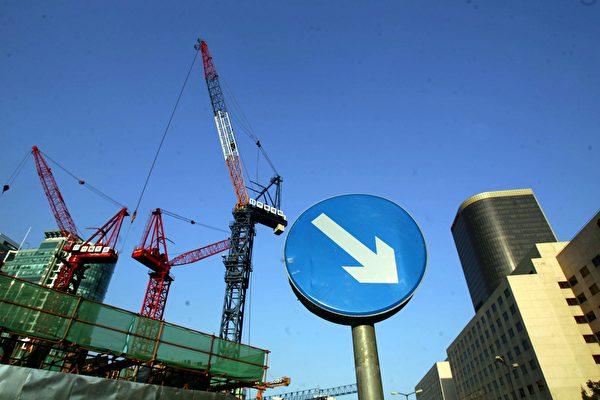Since the start of the new year, Beijing’s economic woes have deepened. The slide has been marked by a continuous decline in the stock market, and a bankruptcy filing by Zhongzhi Enterprise Group (ZEG), China’s largest private asset management company. Economists with Switzerland’s investment bank UBS AG issued a cautionary note highlighting real estate as the foremost threat to China’s economy in 2024. Furthermore, Eurasia Group, a New York-headquartered political risk consultancy, has identified “China’s inability to recover economically” as one of its top ten primary global risks in the current year.
China’s stock market began 2024 on a downward trajectory. By last week it had seen a simultaneous decline in all four of its major indices.






